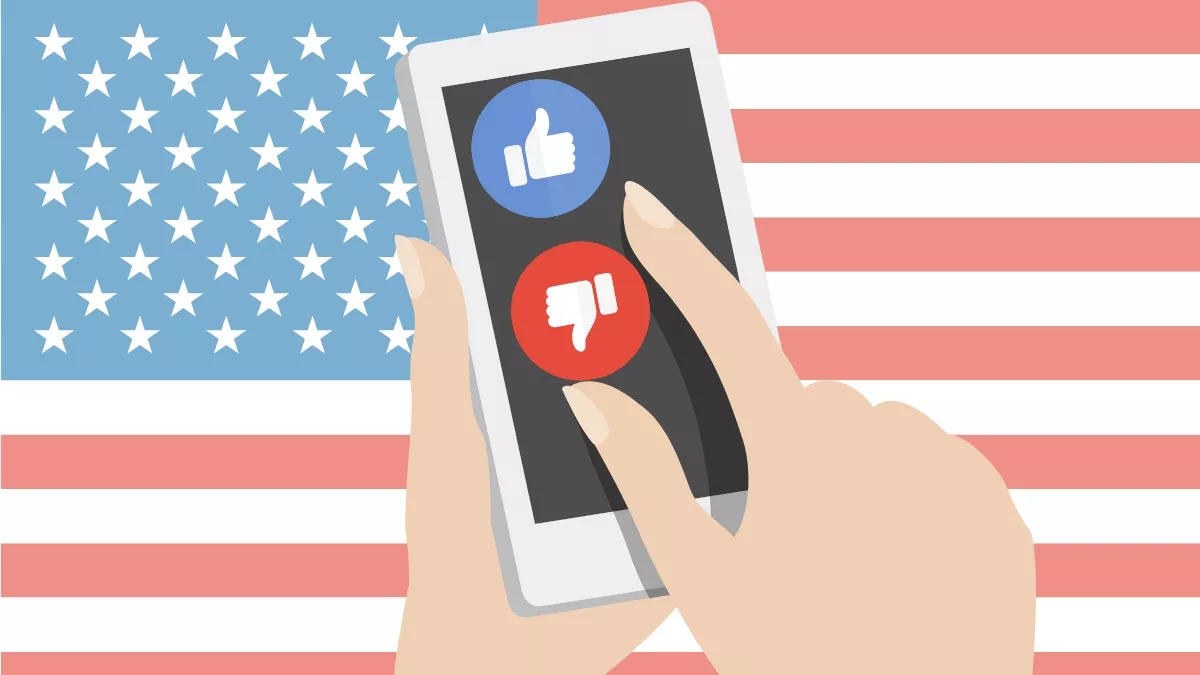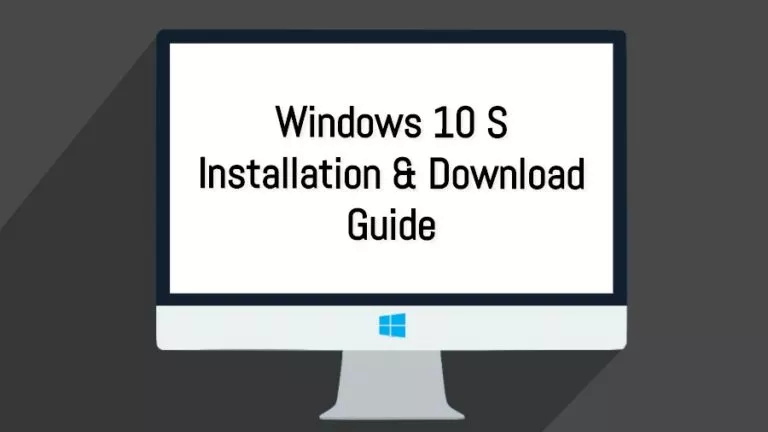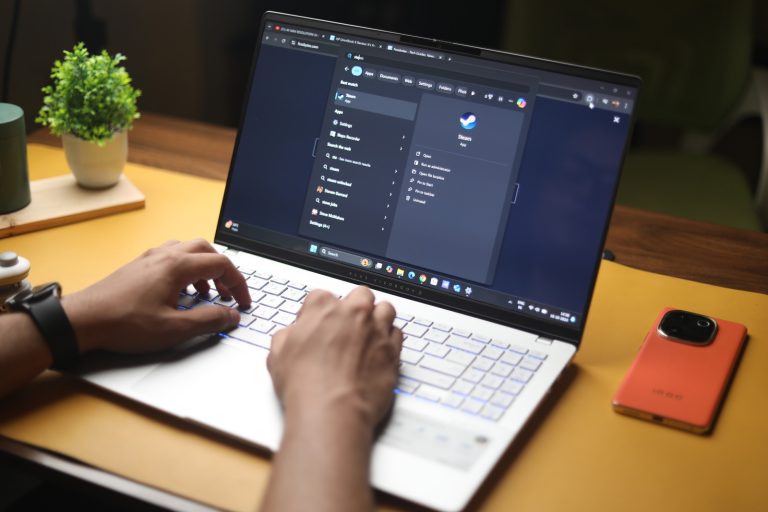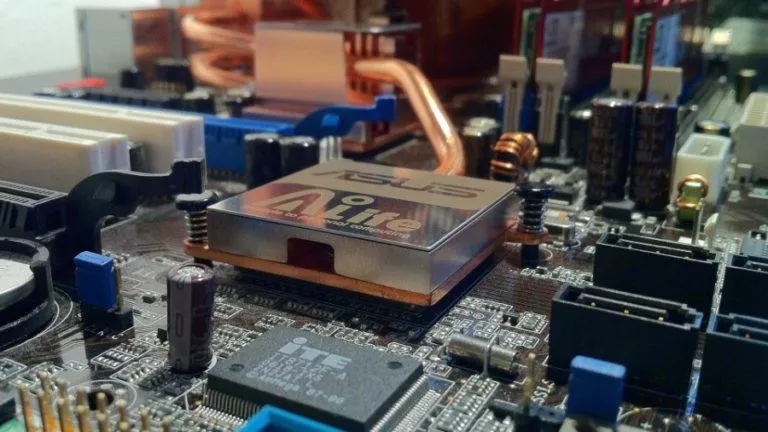America And Social Media Sites Have A Love-Hate Relationship

The U.S. is the birthplace of many of the major media sites we use today. Still, the American population shares a love-hate relationship with social media apps. As the U.S. Presidential Elections are coming close, tech giants are working on handling moderation in a better manner during election-time.
According to surveys conducted by Pew Research Center, most Americans think that social media has too much power and that it is responsible for negative effects on the internet. The survey doesn’t name any companies so it’s okay to assume that it includes, but isn’t limited to, Facebook and Twitter.
What Social Media Do Americans Use?
Social media in America includes a ton of apps, most of which have been developed in the U.S. Some of the popular social media apps and social networking apps in America include Facebook, Instagram, Twitter, Pinterest, Reddit, Snapchat, and WhatsApp.
Both Facebook and Twitter saw a surge in users in recent times, registering 233 Million and 65.55 million users, respectively. In Facebook’s case, the company has about 70% of the American population using the platform. Coming to Twitter, the numbers are just active accounts, which means a little over 65 million people are actively using Twitter.
Too Much Power, Censorship, And Negative Effects
These are the results of three different surveys conducted by the Pew Research Center in America. According to a July 2020 survey, most Americans say social media companies have too much power and influence in politics. Another survey from August found that most Americans think social media sites censor political viewpoints.
Finally, a third survey emerged in October, stating that over 64% of Americans say that social media has a mostly negative effect on the way things are going in the U.S. today. This final survey comes at a time when social media companies as well as big tech are under increasing scrutiny from the government.
Social Media Has Too Much Influence

While it’s hard to get Democrats and Republicans to agree on something, this is one such rare sight. Over 72% of the U.S. adults from both parties think social media has too much influence over American politics. We can trace this opinion back to the 2016 U.S. Election, where social media advertisements were a big reason for Trump’s win.
However, a lot has changed from 2016 to 2020. People have grown more sensitive to their data, and social media companies have also taken measures to stop the blind circulation of ads since then.
They Censor Viewpoint

Have you ever heard of the term ‘Filter Bubble?’ A filter bubble is a situation when the internet shows you what you want to see, so you spend more time online. Sound familiar? That’s what Facebook, Twitter, YouTube, and every other social media platform does. It shows you content that just makes your own belief stronger and you end up spending more time and resources online.
Technically, it’s a win-win because you get a firm belief and social media gets your attention. In the real world, it’s far from a win for reality itself. According to the survey conducted by Pew, 90% of Republican-leaning adults think that social media censors political viewpoints.
We should consider that people’s views on this matter are subject to Twitter fact-checking Trump’s tweets. Social media platforms should take the responsibility for fact-checking the misguiding posts, but the application of a filter bubble makes it more serious. You can’t decide what is right or wrong without knowing the whole story.
Social Media Has Negative Effects On The Way Things Are

This is one of the latest researches published by the institute. This survey not only found out about how people see it but it also brought out generational disagreement among Americans.
The survey says that over 64% of Americans think that social media has a negative effect on the way things are going in the U.S. today. While this was the view of a senior population, young adults between 18 to 29 think social media has a positive effect.
Is it All That Bad?
The numbers from the Pew Research center reflect the thinking of the majority of Americans about social media sites. We can derive from the surveys that a majority of the American population doesn’t like the way social media sites operate.
There are antitrust cases against big tech and censorship hearings against social media companies. It means the companies have to fight with the government while trying to make a better image for themselves. Facebook and Twitter’s recent moves have been all about taking a stand and creating a better image.
If I am to consider the way 2020 is turning out to be, there are some major reforms underway. It’s premature to predict how social media will be affected seeing a possibility of changes to Article 230 in the U.S., but changes in privacy policies and social media companies refining their content are likely to deliver a better online environment in the future.
End of the day, it’s not just social media sites that remain in control of the situation; users should also verify the content they share and follow on social media. Misinformation spreads when people share it, and if people want to blame a platform, they’re blaming its users as well.
So yeah, America and social media have a love-hate relationship, where the majority is criticizing the platforms — yet they are witnessing consistent user growth and increasing engagement in the country. In fact, most of the criticisms of social media can be found on social media platforms only.






